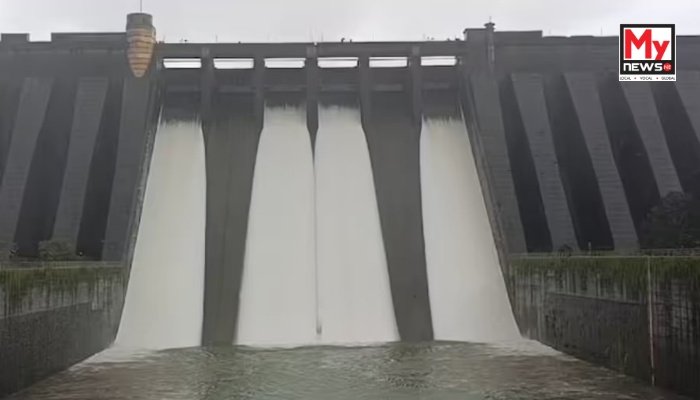China’s Mega Dam Near Arunachal an Existential ‘Water Bomb’: CM Pema Khandu Sounds Alarm
Itanagar: Arunachal Pradesh Chief Minister Pema Khandu has issued a stark warning over China’s colossal dam project on the Yarlung Tsangpo river, calling it a threat far graver than any conventional military confrontation. Speaking to PTI Videos, Khandu described the project as a potential “water bomb” capable of triggering large-scale devastation across northeastern India, particularly in Arunachal Pradesh and Assam.
The dam, projected to be the world’s largest hydropower installation, is being built by China near the India-Tibet border, at the point where the river Yarlung Tsangpo — known downstream as the Siang and later the Brahmaputra — takes a dramatic U-turn into Indian territory. Valued at USD 137 billion and expected to generate a staggering 60,000 megawatts of electricity, the five-year mega project has become a geopolitical flashpoint.
Khandu expressed grave concern over the unilateral nature of the project, noting that China is not a signatory to any international water-sharing treaty. “If China was part of the global water treaty system, this project might have even benefited us. But because they’re not, they are under no obligation to release water downstream in controlled quantities,” he said. Without regulation, sudden and unannounced water releases could devastate the fragile Siang valley ecosystem, destroy property and farmland, and pose an existential threat to indigenous communities like the Adi tribe.
“This dam is not just an engineering feat. It could be used as a weapon. It can wipe out entire areas downstream — people, land, culture,” Khandu warned. He reiterated that while military threats dominate headlines, it is this environmental weaponisation of natural resources that may carry the gravest long-term risk.
China’s project has been shrouded in secrecy. According to Khandu, “No one knows when they began, or how far they’ve gone. They don’t share any data. That’s the bigger issue — a complete lack of transparency.”
In response, Khandu revealed that the Arunachal Pradesh government, in consultation with the central government, has initiated the Siang Upper Multipurpose Project. The initiative is envisioned not just as a hydroelectric venture but as a strategic buffer — a safeguard against sudden floods and to ensure India’s long-term water security.
The Chief Minister also stressed the need for extensive community engagement. “We are holding discussions with the local tribes. I will be meeting the Adi community and others soon. This is not just about policy; this is about survival,” he said.
On being asked whether India could diplomatically or internationally counter China’s move, Khandu remained realistic. “We can’t simply protest and then sit back. China will not listen. The only sensible option is to build our own defences — structurally, diplomatically, and environmentally. That’s what we’re focused on now.”
As China presses ahead with its ambitious water infrastructure in the geologically volatile and ecologically fragile Himalayas, Khandu’s remarks underscore a growing unease in India’s northeastern frontier. With critical rivers under potential threat and no binding international checks in place, water may soon emerge as the next major frontier in the region’s strategic equation — one far more unpredictable than the battlefield.
Read More: Former Arunachal MLA Kapchen Rajkumar Killed in Tragic Elephant Attack in Tirap

